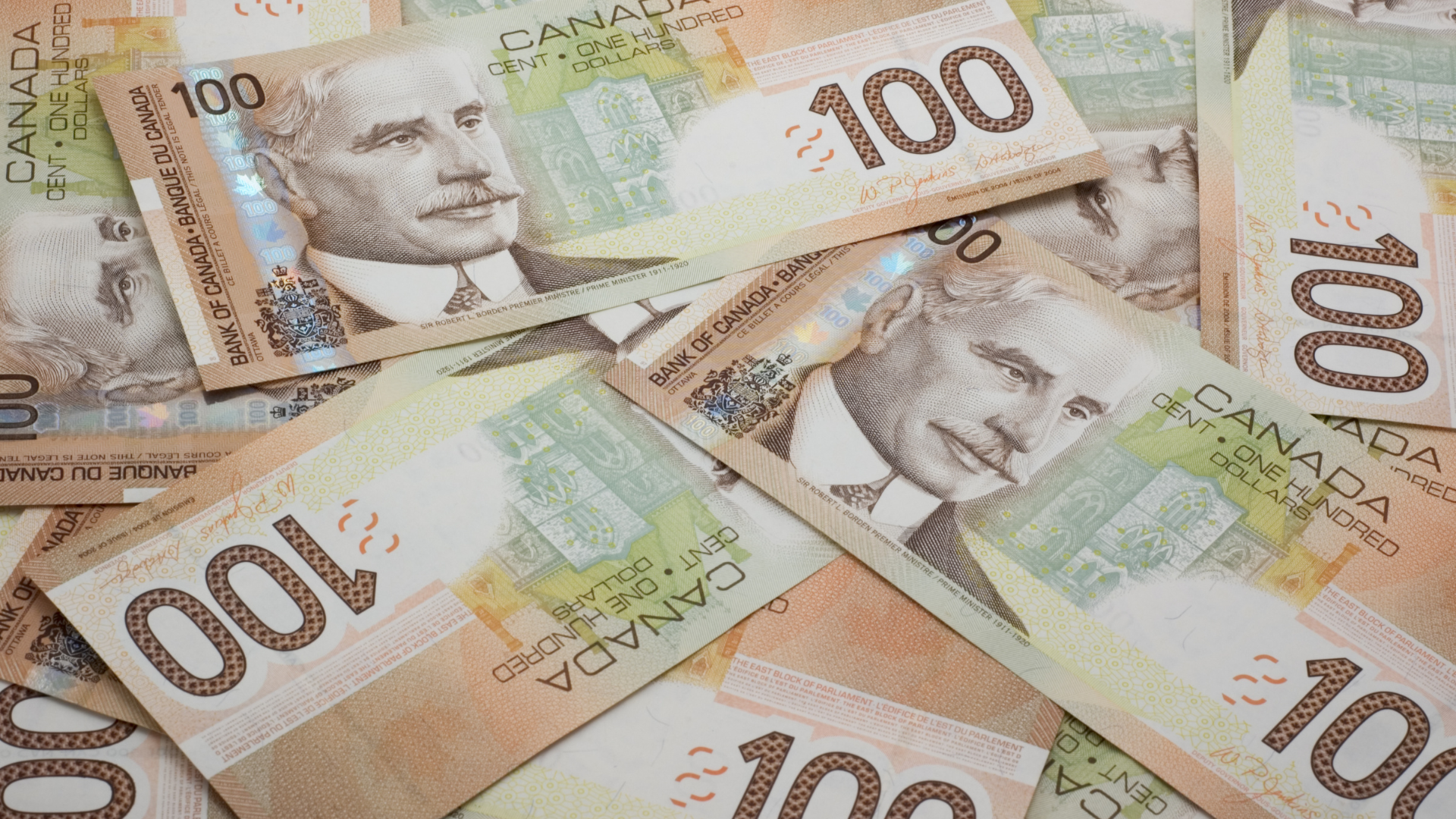Tax
Understanding Tax Implication of Windfall Gains
November 7, 2024

What would you do if you learned that you own a large sum of money? This money was unexpected, like a lottery win or a generous gift, something you did not work towards. When such sudden money comes, it is called windfall gain. Before you list items you want to spend the money on, talk to a tax expert and know your tax liability. Although windfall gain is not taxable in Canada, the classification of windfall gain is subjective. And if the hefty sum is taxable, you might want to keep the tax amount aside before spending it all to avoid a massive tax liability later.
In this article, we will try to understand the classification of an amount as windfall gain to give you an idea of how tricky things can get.
Which income does the CRA tax?
The Canada Revenue Agency (CRA) uses the “source doctrine” as the base to determine whether the income is taxable. Income from office, employment, business, property, and capital gains is taxable. In all these sources, you make some effort to earn that income. Since none of the above sources apply to windfall gains, they are not considered income, making them tax-free.
Types of Windfall Gains
Even in windfall gains, there are various categories, each having exceptions.
Lottery winnings: If you are a professional gambler, winning from gambling and lottery is taxable as you possess that skill or knowledge to reduce the element of surprise—your chances of winning increase significantly. Professional gamblers can also deduce gambling losses from their winnings till the income is 0. However, they cannot show a negative income even if they have more losses than winnings.
Inheritances: Canada does not have an inheritance tax. But if the inheritance is property, it is taxable, whether received as an inheritance or a gift. When the property is transferred, the CRA considers it a deemed sale, and the difference between the cost of acquiring the property and the fair market value of the property is taxed as capital gains tax.
Gifts: Even personal gift exchanges are non-taxable. If an employer gives an employee gifts (cash and near-cash, like a gift card), the CRA considers it a bonus and adds it to the employment income. The employer will also deduct income tax and Canada Pension Plan (CPP) from the bonus amount.
Lawsuit awards: If you have won a lawsuit in a personal case and were awarded compensation, it is a non-taxable windfall gain. However, if you win a lawsuit on behalf of your business, it is not considered a windfall and could be taxed.
Government benefits: Disability benefits for war veterans and specific government payments, like GST/HST credits and Canada child tax benefits, are considered windfall gains as they are calculated and sent to people. Taxpayers do not know if they will receive the benefit or not and how much money they will receive.
Even life insurance payouts are considered windfall gains. However, you might want to check it with a tax advisor because the above categories could be taxable in certain circumstances.
The CRA’s Interpretation of Windfall Gains?
If you have received windfall gain, it is likely that the CRA might come after you and seek an explanation because of the subjective nature of this gain. There are several lawsuits where the CRA claimed that windfall gains were income and charged tax, but the court ruled against the CRA.
From these lawsuits, the CRA has devised its interpretation of what factors make an income a windfall gain:
- The taxpayer had no enforceable claim to the payment.
- There was no organized effort made by the taxpayer to receive the payment.
- The taxpayer neither sought after nor solicited the payment.
- The taxpayer had no customary or specific expectation to receive the payment.
- There was no reason for the taxpayer to expect the payment would recur.
- The payment was from a source that is not a customary source of income for the taxpayer (For example gambling is a customary source of income for a professional gambler).
- The payment was not in consideration for or in recognition of property, services or anything else provided or to be provided by the taxpayer, or for any activity or pursuit of gain.
Now, you have to test your cash inflow against these seven points to create an argument that the inflow is a windfall gain.
Case Study
Here is a court case that applied the above rules. In a court case of windfall differentiated gifts, a farmer received voluntary payments from a charitable hurricane relief fund. The CRA argued that these payments substituted the farmer’s usual revenue and should count as income. However, the court considered the payment as a windfall gain because:
- The farmer (the taxpayer) had no legal entitlement or practical expectation of the relief fund payments.
- The farmer and the donor had no contract with each other.
- The money was a voluntary gift received without anything given in return.
- These payments were unlikely to happen again.
Contact KSSP Partners LLP in Markham to Help You manage Windfall Gains.
A professional tax advisor is well-versed in the nitty-gritty of the tax laws and can help you determine whether the sudden cash inflow is taxable. If the CRA comes after you, the advisor will have your back and can communicate with the agency. To learn more about how KSSP Partners LLP can provide you with the best tax expertise, contact us online or by telephone at 289-554-5997.


